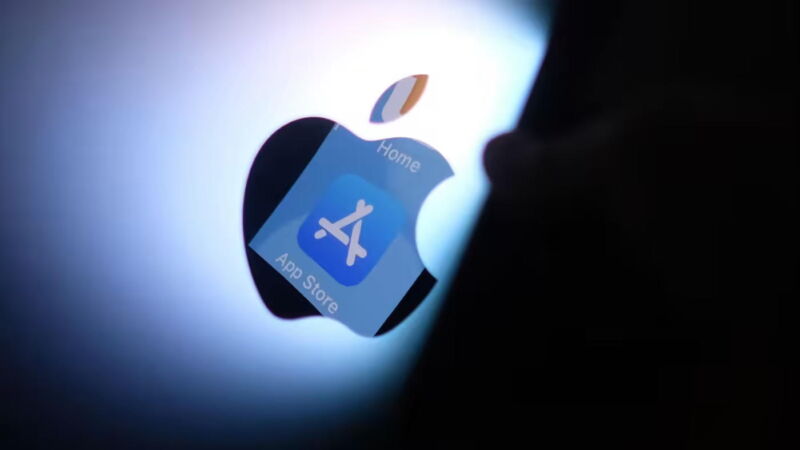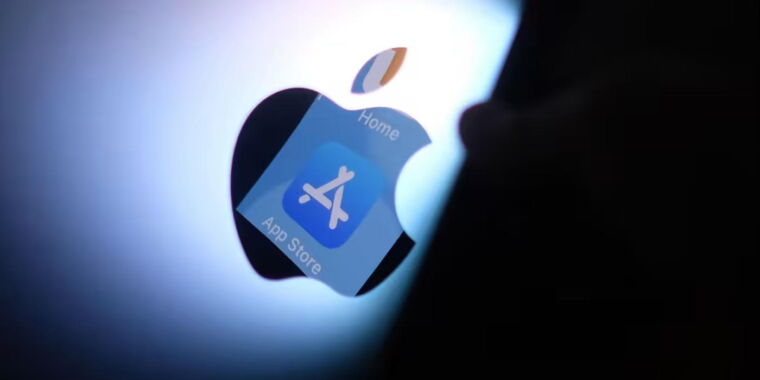
AFP/Getty Images
Apple has promised to improve disclosures about why it is removing certain apps from the App Store following claims that the tech giant’s secretive decision-making process threatens freedom of speech in countries like China and Russia.
Activist investors secured Apple’s commitment earlier this month, according to three people familiar with the agreement. Last March, nearly a third of shareholders at the annual meeting supported a resolution calling for greater transparency in relations with foreign governments.
Petitioners led by Azzad Asset Management, a faith-based investor in the US, and UK activist investment platform Tulipshare had called on Apple to provide more details about why certain apps were pulled from the App Store after some Bible and Quran study resources were inexplicably banned from China by the end of 2021.
Apple declined to comment.
The company has long been criticized for agreeing to requests from foreign governments to remove certain apps. For example, encrypted messaging tools WhatsApp and Signal are not allowed in the China App Store, as is The New York Times or some social media apps.
It will now give investors more details about apps removed in the Transparency Report, which currently only tells investors how many apps each country has requested to be removed, whether the request is based on a legal violation, and whether Apple complied, according to the people who be familiar with the agreement.
For example, in the first six months of 2021, China cited 34 law violations and asked for 89 apps to be removed. Apple has not objected to any of those requests, according to the most recent report.
This disclosure model leaves shareholders “in the dark” and prevents them from scrutinizing Apple’s decisions, Constance Ricketts, head of shareholder activism at Tulipshare, told the Financial Times.
Apple has agreed to publish the legal basis for each government’s takedown requests in its next report, according to Tulipshare, along with a breakdown by country and app category.
However, it won’t explain why individual apps were removed, as originally requested by the petitioners, two people familiar with the matter said.
Apple has also committed to disclosing how many apps it is removing by country for violating App Store guidelines or developer license agreements, according to those familiar with the agreement.
“This information will help determine whether Apple’s decision restricts freedom of information and expression,” Ricketts said.
© 2023 The Financial Times Ltd. All rights reserved. May not be redistributed, copied or modified in any way.

